FAQ’s
Below are a few of our most commonly asked questions. If you don’t see what you’re looking for, feel free to contact us and a Clear Title customer service representative will be happy to assist you.
There are two types of title insurance. Lenders’ title insurance is required by virtually all lenders to assure them that should a title defect arise, their investment in the subject property is protected. Lenders require the Borrowers to pay for lender coverage as a condition of obtaining a loan.
Owners title insurance protects the purchaser from any title claims arising from the previous ownership. The owner is protected from such problems as fraud, forgery and filing errors.
Owners title insurance protects the purchaser from any title claims arising from the previous ownership. The owner is protected from such problems as fraud, forgery and filing errors.
Most lenders will require that you purchase a lender’s title Insurance policy. This protects their investments in your property. You are not required to purchase an owner’s policy; however, your one-time payment will protect your property for as long as you own it.
A title search is performed on each transaction. The title records are only as good as the documents recorded. If a previous owner perpetrated a fraud, committed a forgery or the clerk of the land records failed to record or recorded incorrectly, the purchaser is unprotected without owners title insurance. With the coverage, the title insurance company incurs the expense of determining the validity of a claim and defending against the claim. If there is a title defect, the title insurance company pays the claim so that the purchaser retains ownership without loss, or compensates the owner for any and all losses incurred as a result. The cost of the owner’s title insurance premium is modest in comparison with the potential loss from a claim. Owners title insurance is a one-time premium.
The title insurance protects you, the property owner, and the lending institution that holds your mortgage from unforeseen claims that may arise against your property. The policy provides protection from financial loss and payment of legal costs associated with such claims.
The title insurance protects you, the property owner, and the lending institution that holds your mortgage from unforeseen claims that may arise against your property. The policy provides protection from financial loss and payment of legal costs associated with such claims.
A title company oversees the interests of all parties, consisting of buyers, sellers, lenders, real estate agents and coordinates the transfer of money and property at the time of closing. Prior to settlement the title company will research the ownership history of the property (which is called the title examination) to determine that the title is free of any liens or claims. At the settlement table, the title company collects and distributes funds from the transaction, transfers ownership of the property, and issues title insurance.
No. A title examination is only as good as the land records. Should a filing error happen, if someone perpetrates a fraud, if an estate is mishandled. The title insurance protects you, even though the title examination did not and could not disclose the problem.
Title Insurance rates are set by state insurance commissions and are based on the purchase price of your property (owner’s policy) and the loan amount (lender’s policy).
Escrow generally refers to money held by a third-party on behalf of transacting parties. It is best known in the United States in the context of real estate (specifically in mortgages where the mortgage company establishes an escrow account to pay property tax and insurance during the term of the mortgage). Escrow companies are also commonly used in the transfer of high value personal and business property, like Real Estate purchases. Mortgage companies also use escrow as a means to insure that property taxes and property insurance are paid on time. Payments are typically made by the property owner and are included in the monthly mortgage payment. This escrow account is established to make sure the property is protected from tax liens and catastrophic loss.








